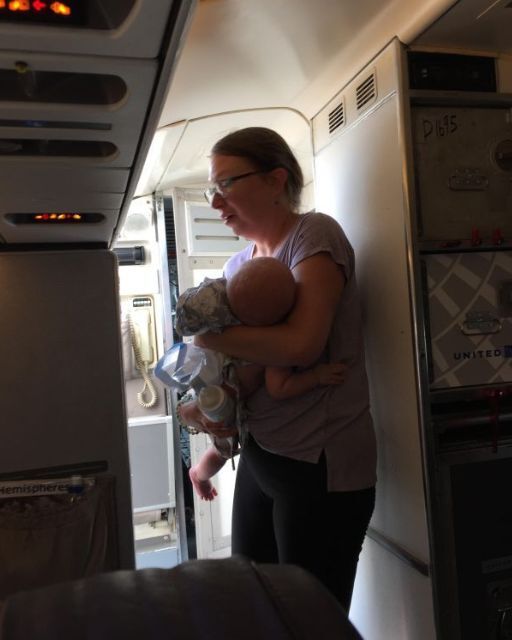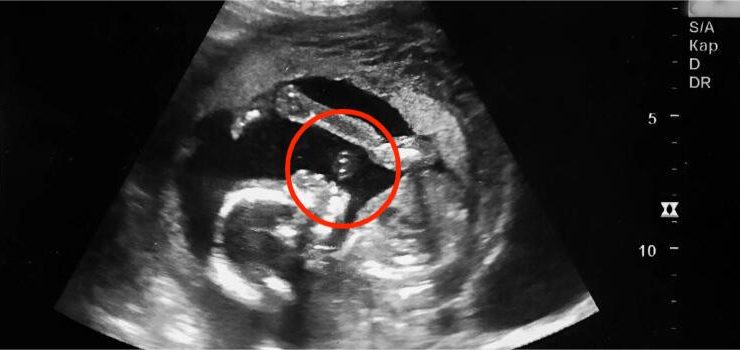It was a long-haul flight, and I had intentionally booked an aisle seat near the front of the plane. As a tall guy, being cramped in a middle seat for ten hours sounded like a nightmare, so I paid extra to ensure a more comfortable journey and a quick exit upon landing. Everything was going smoothly during boarding until a woman carrying a baby stopped beside me. “Excuse me,” she said politely, “would you mind switching seats so I can sit next to my husband? I’m in 32B.”

I glanced at her ticket—32B was a middle seat in the very last row of the plane. I felt a twinge of guilt but knew immediately I wasn’t going to trade. I smiled apologetically and said I preferred to keep my seat. She let out a loud sigh and muttered, “Wow, okay,” just loud enough for other passengers to hear. Instantly, I felt the shift in the atmosphere. A few people shot me dirty looks, and one guy even whispered, “Dude, it’s for a mom and her baby.” Despite the pressure, I stood my ground. I had booked this seat in advance and paid extra for it. It wasn’t my fault the airline hadn’t seated her family together, and I didn’t see why I should be penalized for someone else’s lack of planning. The flight attendants didn’t intervene, but the tension hung heavy in the air for the entire trip.
When we finally landed, I overheard her mutter to her husband, “Some people have no empathy,” which only confirmed that she hadn’t let it go. As the plane taxied to the gate, I could still feel eyes on me. Some passengers seemed to be silently judging me, but I ignored them. I had every right to keep the seat I paid for. If the trade had been fair—like aisle for aisle—I might have considered it. But giving up a prime seat for a cramped one at the very back? No way. When we stood up to disembark, the mother clutched her baby while her husband, a stocky guy in cargo shorts and a hoodie, joined her. He gave me a quick, dismissive glance before focusing on his wife. “Babe, it’s fine. Let’s just go,” he said, trying to calm her. She didn’t argue, but her body language made it clear she was still fuming. I gathered my things and exited the plane, thinking that would be the end of it.
But near baggage claim, I spotted the couple again, and this time, she was speaking with a gate agent. Her demeanor had changed—she seemed emboldened now that her husband was by her side. “Excuse me,” she said sharply to the gate agent, “I need to file a complaint.” The agent, clearly exhausted, raised an eyebrow and asked, “What seems to be the issue, ma’am?” The mother pointed directly at me and declared, “That man refused to give up his seat for a mother and her baby! He was completely heartless and rude.” The agent blinked, visibly trying to stay neutral. “Ma’am, seating is handled by the airline.
Did you ask the flight attendants for help?” “Of course I did!” she snapped. “And they didn’t do anything! People like him—” she jabbed a finger in my direction, “—should be held accountable. Airlines should have policies against selfish behavior like this.” I finally spoke up, unable to believe what I was hearing. “I didn’t do anything wrong,” I said firmly. “I paid for that seat and planned ahead. I was polite, but I didn’t want to move to a worse seat.” Her husband stepped in, his tone thick with condescension. “Come on, man. It’s basic human decency. She was flying alone with a baby, and you couldn’t do one nice thing?” I crossed my arms. “It’s not about being nice. It’s about fairness. I wasn’t mean, and I wasn’t rude. I just chose to keep what I paid for.” A small crowd had started to gather, watching the exchange unfold. The mother let out a dramatic scoff. “Unbelievable. You’re the kind of person who only thinks about themselves. No empathy, no compassion.” The gate agent held up her hand, trying to deescalate the situation. “Ma’am, I understand you’re upset, but he was under no obligation to move. There’s nothing we can do retroactively.” The mother wasn’t satisfied. “So you’re just going to let people be selfish like this? What kind of airline are you running?” That’s when another passenger stepped forward—a woman who had witnessed the entire flight and quietly said, “He didn’t do anything wrong. He was respectful. You just didn’t get the answer you wanted.” The mom’s mouth opened, but no words came out. She looked stunned, as if she hadn’t expected anyone to defend me. The gate agent nodded and gently guided the couple away. As I stood there, I realized something important—not giving in didn’t make me heartless. It made me someone who values fairness, boundaries, and personal responsibility. And I left the airport with my head held high, knowing I had nothing to apologize for.





